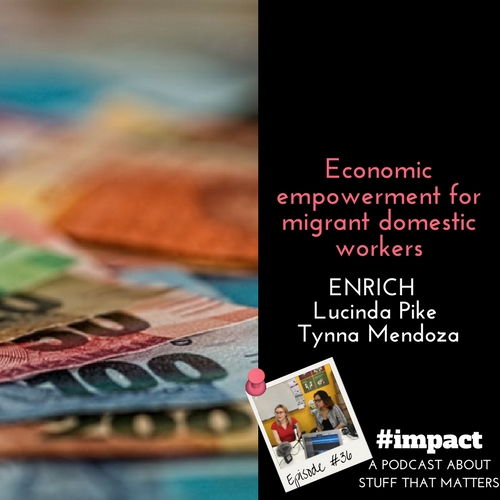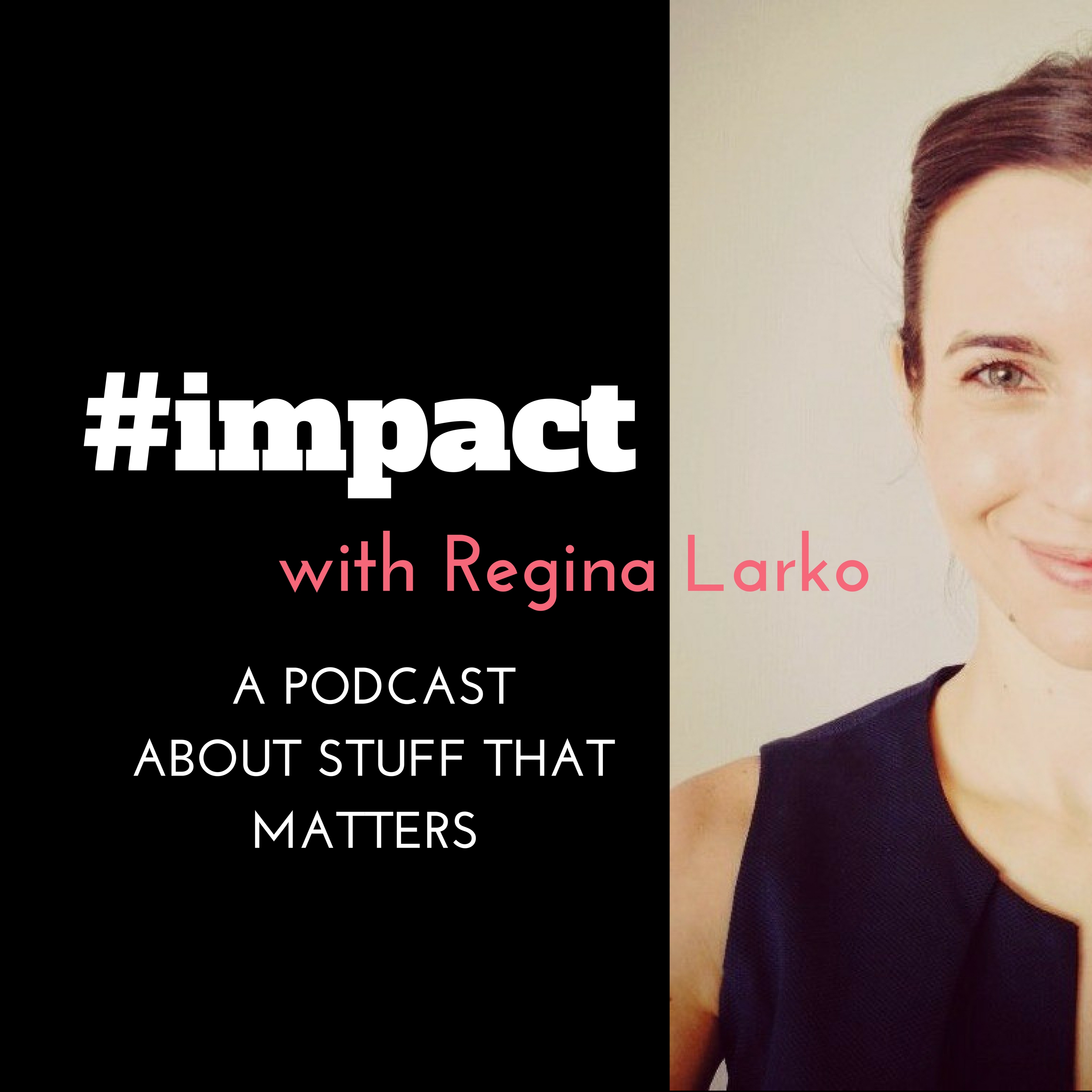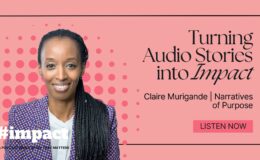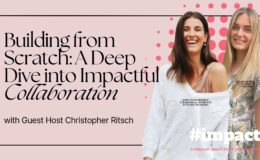Podcast: Play in new window | Embed
If you empower women, you empower a community.
In this episode, you hear from the women behind Enrich, a charity dedicated to promoting economic empowerment for migrant domestic workers, one of the most vulnerable groups in our society.
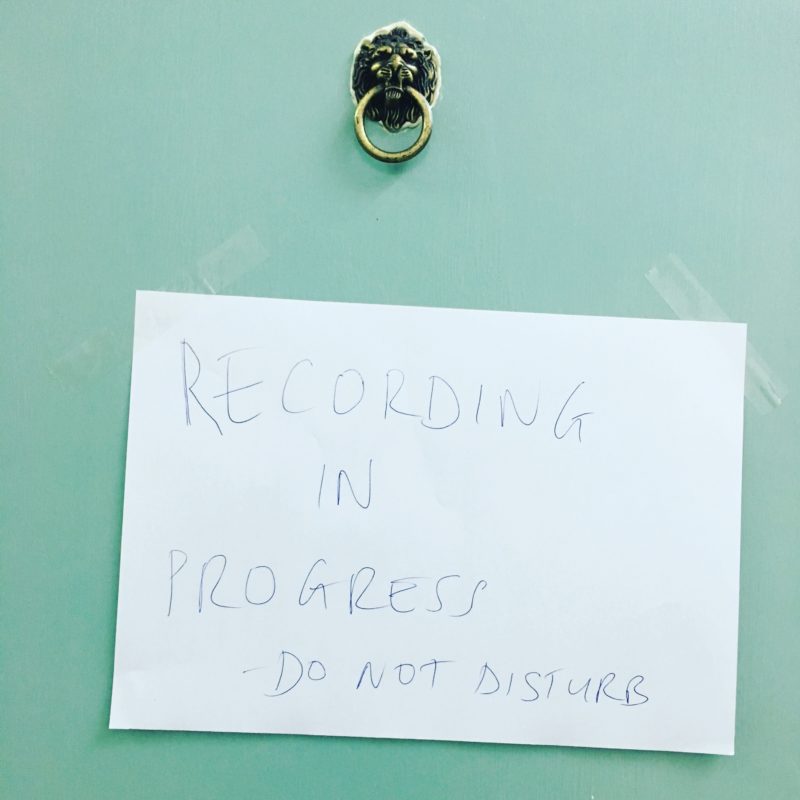
Economic Empowerment for migrant domestic workers. Interview at the Enrich office.
Founded by three women with backgrounds in NGOs, women’s empowerment and finance, Enrich is still women-run.
Deputy Executive Director Lucinda Pike and Senior Programme Manager Tynna Mendoza share stories of some of the 10,000 women that Enrich has supported in its ten years.
In Hong Kong, foreign domestic workers play a crucial role in the city’s economy. There are around 360,000 “helpers” in Hong Kong, mostly women and mostly from the Philippines and Indonesia. They work as carers for the elderly and disabled, housekeepers, drivers and nannies.
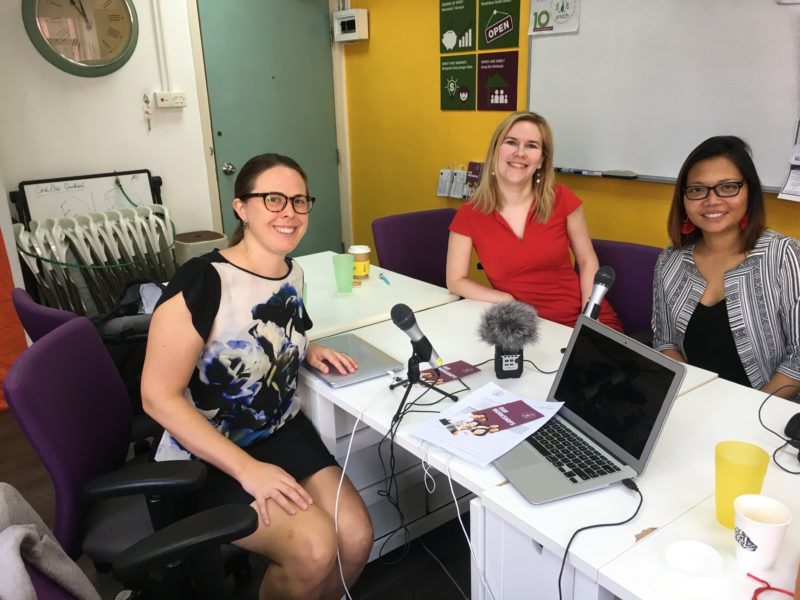
Female Empowerment. Recording with Enrich. We are joined by Amanda Williams, co-host of this week’s episode with Enrich.
In this episode, you learn about…
- The unique challenges that migrant domestic workers face when it comes to finances.
- Why financial literacy skills are key to a woman’s empowerment.
- How Enrich has survived as an NGO for ten years without government support.
- The validation that you get from an external impact report.
- A really meaningful way to volunteer for those of you in Hong Kong.
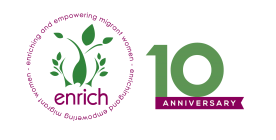
Celebrating 10 years of meaningful work. Enrich empowers migrant domestic workers with financial literacy programmes and much more.
Enrich empowers foreign migrant workers with financial literacy and personal development programmes.
Domestic workers come to Hong Kong because the salary is often more than they can earn in their own countries. Most of their wages go to support families back home. Their employment is regulated by the government, with a standard wage and strict visa regulations, including the requirement that they live in their employer’s home, often with little personal space. They are vulnerable to exploitation by employment agencies, their employers, illegal money lenders friends and even family members. Organisations like HelperChoice are working on creating a safe space for migrant domestic workers and potential employers to connect.
“You never learn it at school. You’re never taught how to manage your finances.”
Lucinda explains that despite being a core skill to a person’s empowerment, financial literacy is not often taught.

Financial literacy is not taught at school.
Enrich now offers a range of workshops and mentoring programmes to teach basic finance to domestic workers and support them in following their dreams and planning for their futures.
Enrich started to focus on financial training because its founders saw domestic workers struggling with debts. Between agency fees, both legal and illegal, the need for pocket money when visiting home, and unexpected expenses, these women often have to take out a loan. Once they start borrowing, whether from legal or illegal money lenders, the cycle of indebtedness can be hard to break.
Just starting to learn the differences between interest rates and how to set a budget can be life-changing. Domestic workers come to Hong Kong on 2-year contracts, and most stay for multiple contracts. Despite this, a recent survey found that just 6% felt that they’ve saved enough money by the time they go home.
“You should be able to think about yourself first[…]You should be able to have control over your own finances.”
Enrich’s three founders felt strongly about empowerment, a pillar for all of their workshops. Tynna explains how so many of the domestic workers are focused on sending as much of their salary back home as possible. The first step is empowering them that they matter, that they should think of their wants and goals, and not just their families’.
Enrich also has an Ambassador programme. Graduates can volunteer to spread the word and help contribute to future workshops. This is often a domestic worker’s first leadership role.
“Saying no is hard for all of us.”
An important part of Enrich’s programme is a session called “Speak Up”. It aims to increase confidence and help women manage difficult conversations. Living far away from their families makes it even harder to speak directly about money issues.
This workshop also defines sexual harassment, discrimination, and domestic violence and helps make these women aware of their rights.
“We can see the benefit but it was important to us to show that impact not only qualitatively but also quantitatively”
Every Enrich employees and volunteer has received lots of informal positive feedback, but as the organisation turned ten, the team realised it was time to validate those stories.
They wanted to understand the long-term impact and be able to share with donors and partner organisations more impartial data, both qualitative and quantitative. With a bit of nerves, they handed over all of their data to the Chinese University of Hong Kong (CUHK) and the HK Investor Education Centre to prepare an external impact report.
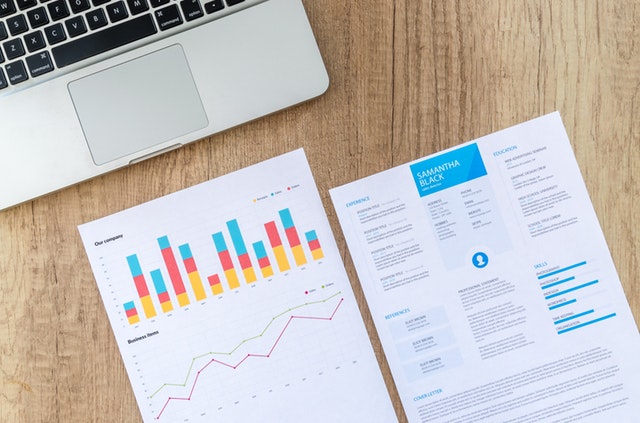
Accountability is very important to the Enrich team. Their external impact report will be released shortly.
The impact report will be released in late November and is part of Enrich’s desire to constantly learn and improve its services.
Based on some of the direct feedback from participants, Enrich will start business planning courses, as many of the women have entrepreneurial ambitions.
We are passionate about people, says the @EnrichHK team Click To TweetLucinda and Tynna both started volunteering for Enrich before working for them. They were attracted by its mission and contributed a great deal of their time before becoming employees.
But it’s not just passion that’s gotten Enrich to where it is today. As Sonalie Figueiras shared last week, to succeed in Hong Kong you need grit. Enrich has certainly demonstrated that. The organisation has only had an office for three years. Before that, they held workshops in the founders’ apartments, in parks and on MTR platforms.
Got some time to give this episode a listen? Scroll all the way up and press play. Then you will also hear what advice they would give their younger selves, some of the heart-breaking and inspirational stories of the women that Enrich has supported, and why education is the key to empowerment.
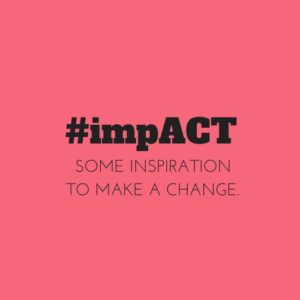
Our learnings from this episode. Have something to add? Get in touch with us here!
#impACT Inspiration to make a change
- Invest in a scholarship for a migrant domestic worker with Enrich.
- Volunteer as a mentor for Enrich, or find a way to support women’s education and life-long learning in your community.
- If you’re an employer, speak with your helper about finances.
- Show your gratitude to all those people who help you get through the day – the barista, the bus driver, the receptionist, the office cleaner.
- Be open-minded, challenge the pre-conceptions that you might have.
Follow Enrich on Facebook, Twitter and Instagram.
Lucinda and Tynna are regular #impact Podcast listeners. Check out one of their favourite episodes, where Matt Friedman describes his battles in the fight against modern slavery.
Enrich was also one of TEDxTinHauWomen’s three beneficiary charities. Listen to our interview with the makers of TEDxTinHauWomen here.
Special thanks to this weeks co-host Amanda Williams.
More inspiration? Yes, please! Subscribe.
